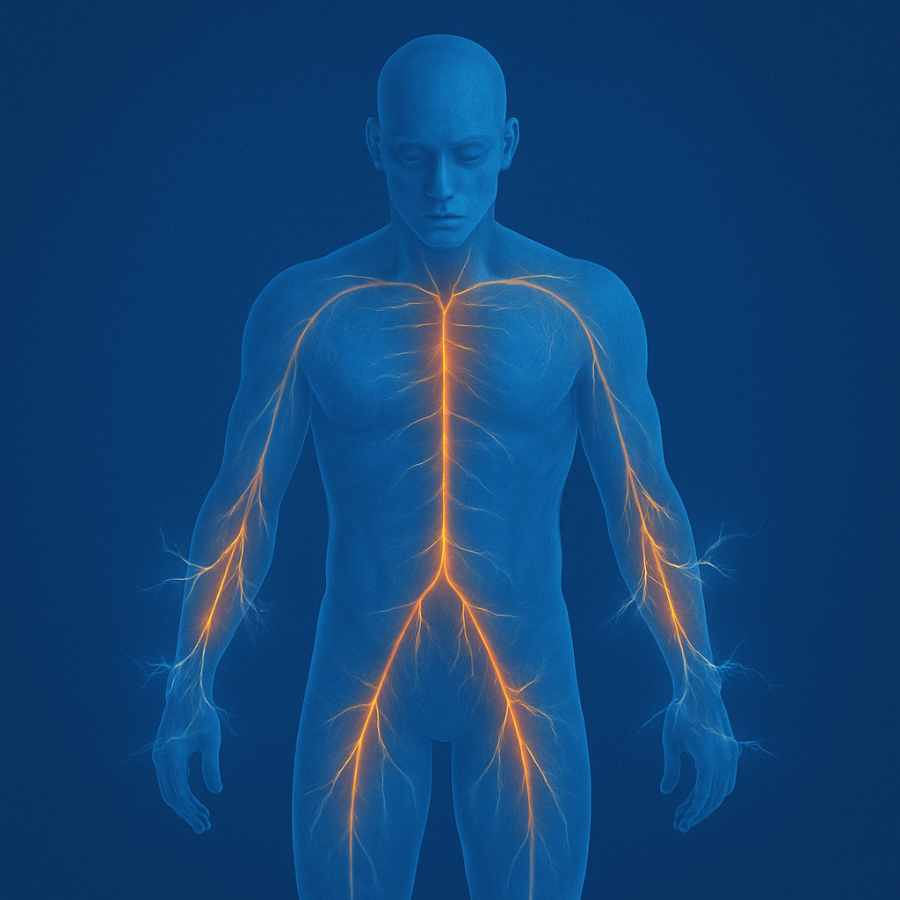Guillain‑Barré Syndrome (GBS)
Guillain‑Barré syndrome is a rare disorder in which the body’s immune system attacks the peripheral nerves. Weakness and tingling usually start in the feet and legs and may spread upward. In severe cases, it can affect breathing muscles and become life‑threatening.
Guillain‑Barré Syndrome (GBS) First‑Aid Steps
Call for Emergency Care
Rapidly advancing weakness especially in the legs or breathing muscles requires immediate hospital admission.
Stay with the Person
Keep them calm and comfortable. Monitor breathing and alertness continuously.
Support Breathing
If breathing becomes difficult, loosen tight clothing around the chest and neck. Be ready to perform CPR if the person stops breathing.
Prevent Falls
Assist them when moving; use a sturdy chair or walker since muscle weakness raises fall risk.
Keep a Clear Path
Remove trip hazards (loose rugs, clutter) around the home while you wait for emergency responders.

When to Consult a Doctor
Treat Guillain‑Barré syndrome as an emergency. Seek immediate medical attention if you notice sudden weakness or tingling in the legs that spreads quickly upward or makes walking difficult. Early diagnosis and hospital‑based treatment such as immunotherapy can prevent serious complications and improve the chances of a full recovery.
